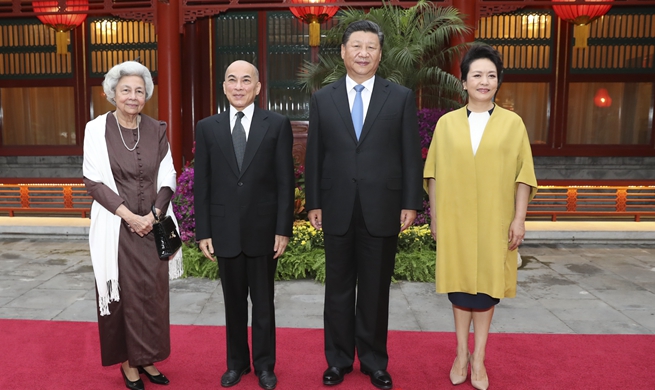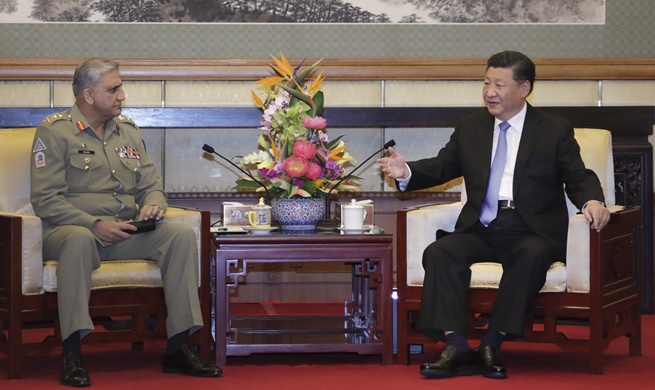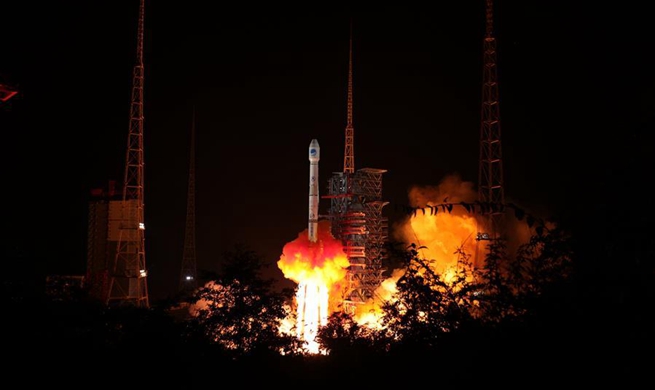WASHINGTON, Sept. 19 (Xinhua) -- Neuroscientists find how the people's brain combined memories to arrive at novel insights, lending a clue to developing faster artificial intelligence.
The study published on Wednesday in the journal Neuron reported the novel brain mechanism that would allow retrieved memories to trigger the retrieval of further, related memories.
This mechanism allows the retrieval of multiple linked memories, which then enable the brain to create new kinds of insights, according to the study.
Humans have the ability to creatively combine their memories to solve problems and draw new insights, a process that depends on memories for specific events known as episodic memory.
Imagine you see a woman driving a car on your street. The next day, you see a man driving the exact same car on your street. This might trigger the memory of the woman you saw the day before, and you might reason that the pair live together, given that they share a car.
Raphael Koster, a researcher at DeepMind said: "The hippocampal system supports this type of memory, which is crucial for rapid learning."
But the new theory explored a neglected anatomical connection that loops out of the hippocampus to the neighboring entorhinal cortex but then immediately passes back in.
It is this recurrent connection that allows memories retrieved from the hippocampus to trigger the retrieval of further, related memories, according to the researchers.
"Our data showed that when the hippocampus retrieves a memory, it doesn't just pass it to the rest of the brain," says DeepMind's Dharshan Kumaran. "Instead, it recirculates the activation back into the hippocampus, triggering the retrieval of other related memories."
"The results could be thought of as the best of both worlds: you preserve the ability to remember individual experiences by keeping them separate, while at the same time allowing related memories to be combined on the fly at the point of retrieval," said Kumaran.
"This ability is useful for understanding how the different parts of a story fit together, for example, something not possible if you just retrieve a single memory," said Kumaran.
"While there are many domains where AI is superior, humans still have an advantage when tasks depend on the flexible use of episodic memory," said Martin Chadwick, another researcher at DeepMind, a London-based artificial intelligence company famous for its invention of AlphaGo.
"If we can understand the mechanisms that allow people to do this, the hope is that we can replicate them within our AI systems, providing them with a much greater capacity for rapidly solving novel problems," said Chadwick.

















